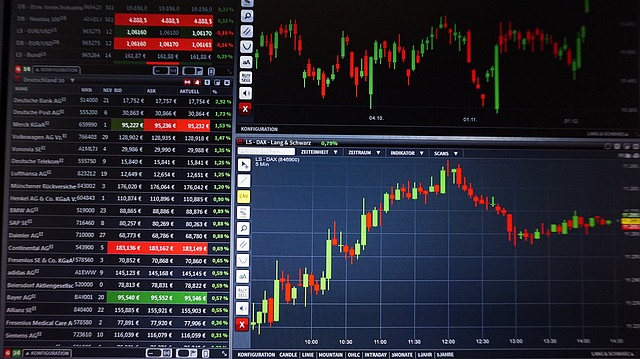Forex trading, also known as foreign exchange trading, is the process of buying and selling currencies on the foreign exchange market with the aim of making a profit. It is one of the most actively traded markets in the world, with trillions of dollars changing hands every day. For those new to forex trading, the concept can be both exciting and overwhelming. This guide aims to provide a clear introduction to forex trading, covering the basics and key elements you need to know to get started. For a deeper understanding, you can find more details and see more about potential earnings.
What is Forex Trading?
Forex trading involves the exchange of one currency for another, capitalizing on the fluctuations in exchange rates. Traders speculate on whether a currency pair, such as EUR/USD (Euro/US Dollar), will rise or fall in value. These trades are typically conducted over-the-counter (OTC) through a network of banks, brokers, and financial institutions rather than on a centralized exchange.
Key Concepts in Forex Trading
- Currency Pairs: Forex trading is conducted in pairs, meaning you are always trading one currency against another. The first currency in the pair is known as the base currency, and the second is the quote currency. The price of a currency pair indicates how much of the quote currency is needed to purchase one unit of the base currency.
- Leverage: Forex brokers often offer leverage, which allows traders to control a larger position with a smaller amount of money. While leverage can magnify profits, it also increases the potential for losses, making risk management crucial.
- Pips: A pip is the smallest price move that a given exchange rate can make based on market convention. For most currency pairs, a pip is equivalent to 0.0001, or 1/100th of a percent. Understanding pips is essential for measuring price movements and calculating potential profits or losses.
- Spread: The spread is the difference between the bid (buy) price and the ask (sell) price of a currency pair. It represents the cost of trading and varies depending on market conditions and the currency pair being traded.
Getting Started with Forex Trading
- Educate Yourself: Before diving into forex trading, it’s important to educate yourself about the market, trading strategies, and risk management techniques. Numerous online resources, courses, and tutorials are available to help beginners learn the ropes.
- Choose a Reliable Broker: Selecting a reputable forex broker is crucial for a smooth trading experience. Look for brokers with strong regulatory oversight, competitive spreads, and robust trading platforms.
- Develop a Trading Plan: A well-thought-out trading plan helps you stay disciplined and make informed decisions. It should include your trading goals, risk tolerance, and strategies for entering and exiting trades.
- Practice with a Demo Account: Many brokers offer demo accounts that allow you to practice trading with virtual money. This is an excellent way to familiarize yourself with the trading platform and test your strategies without risking real capital.
Conclusion
Forex trading can be a rewarding venture for those who take the time to learn and develop their skills. By understanding the fundamental concepts, choosing the right broker, and practicing with a demo account, beginners can build a strong foundation for success in the forex market. Remember, like any form of trading, forex involves risks, so it’s important to approach it with a well-informed and cautious mindset.

0 Comments